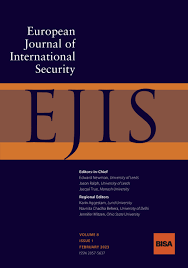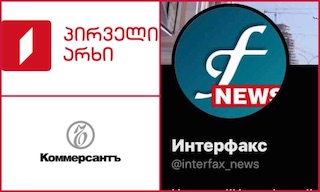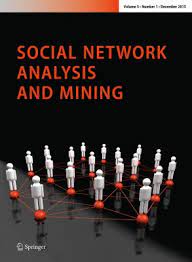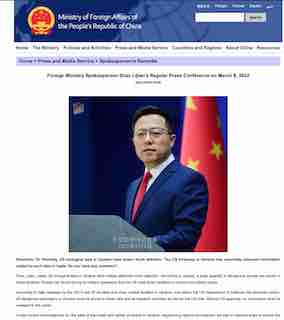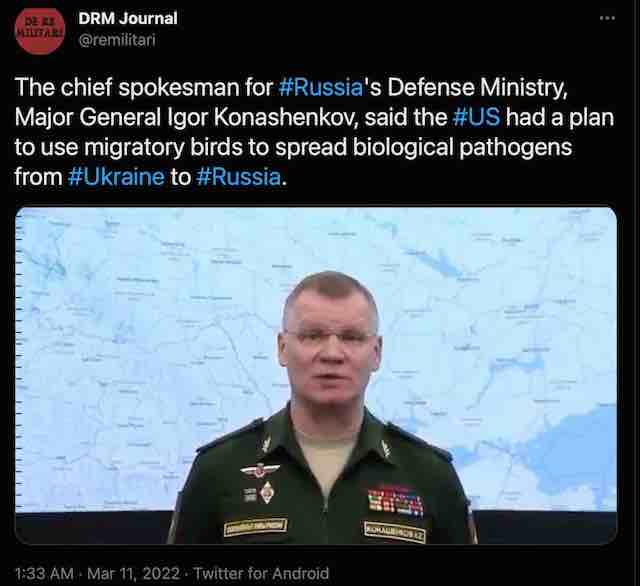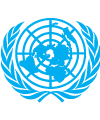Reuters: "Without giving evidence, Russia says it probes Ukraine use of chemical weapons"

Russia's state Investigative Committee said on Monday it was examining the alleged use of chemical weapons by Ukrainian forces near the eastern Ukrainian towns of Soledar and Bakhmut.
https://www.reuters.com/world/europe/without-supplying-evidence-russia-…
February 7, 2023


